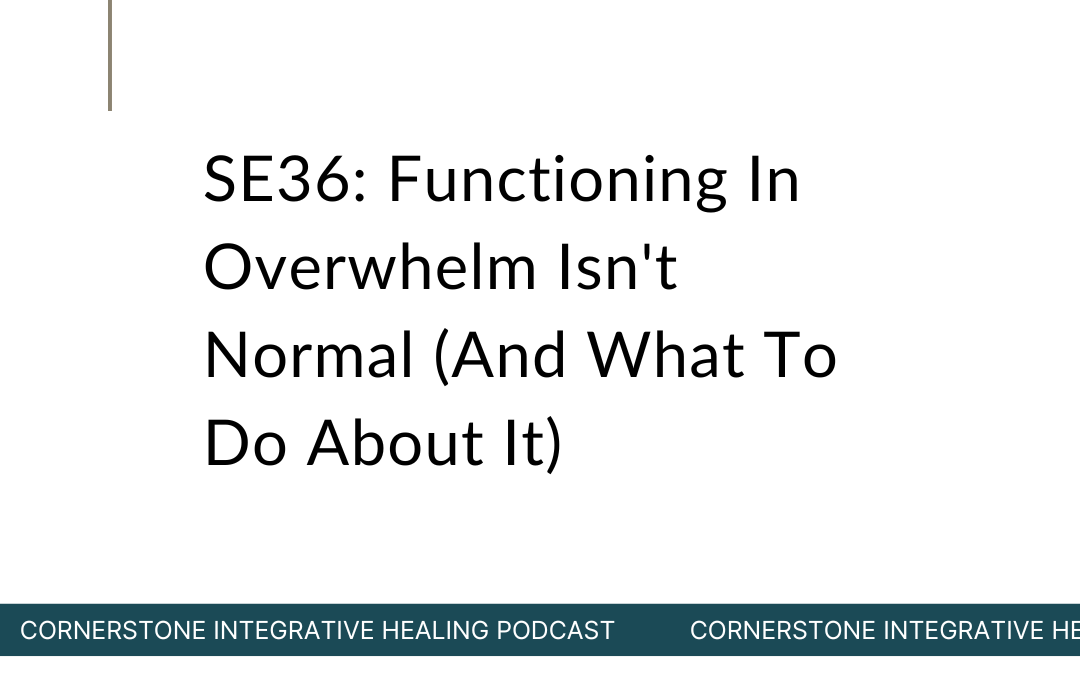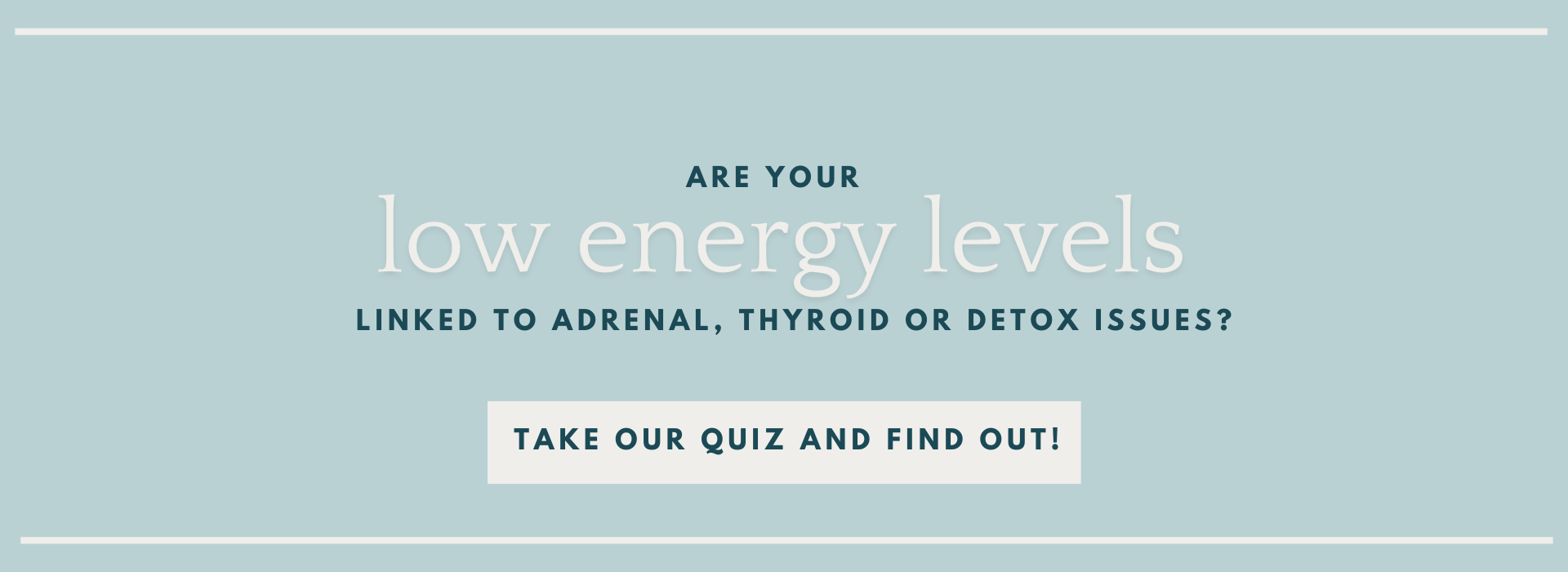In today’s fast-paced world, feelings of overwhelm are all too common, especially among women juggling multiple roles as wives, mothers, professionals, and community leaders. In our recent podcast, we wrapped up our series on stories of healing by focusing on how overwhelm affects our physical, mental, emotional, and spiritual health. This topic resonates with many of us, as we all struggle to keep up with daily demands.
Understanding Overwhelm and Its Impact
Feeling overwhelmed often starts in our minds. We may not have an overwhelming number of tasks to do, but our perception of our responsibilities can create stress and anxiety. Our bodies cannot distinguish between real threats and imagined ones, so this mental stress can trigger a stress response, affecting our overall well-being.
When we operate from a state of overwhelm, our bodies are in a constant state of stress, which is not conducive to healing. As we discussed in the podcast, we cannot heal when we’re stuck in this stress response. Overwhelm is not just about having too much to do; it’s about how our minds perceive those tasks and the impact that perception has on our physical and mental health.
Slowing Down to Heal
One of our recent podcast guests, Kendra, shared how slowing down was a crucial part of her healing journey. While there were some physical changes involved, the most significant shift was becoming aware of the need to slow down and allow her body to catch up and heal. This insight underscores a fundamental truth: healing cannot happen in a state of constant busyness.
It’s vital to distinguish between our bodies being tired from physical activity, which is natural, and our souls being tired, which is often a sign that we are not doing what God has called us to do. Overwhelming ourselves with activities that don’t align with our purpose can lead to soul-level exhaustion.
Practical Steps to Reduce Overwhelm
- Evaluate Your Priorities: Take a step back and ask yourself what you need to do versus what you want to do. This distinction can help you focus on what truly matters and avoid unnecessary stress.
- Incorporate Slow Time: Whether it’s a slow morning routine, a quiet afternoon, or a restful evening, find time each day to slow down. Use this time to eat a peaceful meal, pray, go for a walk, or simply be still.
- Practice Trust: Trusting God with your day-to-day tasks can be incredibly freeing. Start your day by opening your hands and praying, “Lord, this is your day. I want to do what you want me to do. I want your plan over my plan.” This simple act can help shift your focus from control to trust.
- Take a Sabbath: Even if your schedule is busy, consider setting aside one day a week to rest. Many people find that taking a Sabbath actually makes them more productive in the other six days because they are working from a place of rest rather than exhaustion.
- Seek Fun and Rest: Don’t forget to have fun and enjoy life. Sometimes, rest may mean staying home instead of going to a social event, cooking a nice dinner, or watching a movie. Listen to what your body and soul need, and allow yourself to take that time.
The Importance of Recalibration
Life can quickly become overwhelming, and it’s easy to get caught up in the busyness. Regularly recalibrating your priorities by seeking God’s guidance is essential. When we lose our way, it’s often because we haven’t taken the time to check in with ourselves and with God. A moment of reflection can help us identify what’s truly overwhelming us and realign our actions with our values.
Our Challenge to You
We want to challenge you to think about what overwhelms you and how you can take actionable steps to address it. Reflect on your daily routines, your stressors, and what truly matters to you. Pay attention to how your body feels when you are overwhelmed and what might be triggering those feelings. By being intentional and making small changes, you can move from a state of overwhelm to a place of peace and healing.
Healing is not just about physical wellness but encompasses mental, emotional, and spiritual health as well. By reducing overwhelm and prioritizing rest, you create a space where true healing can take place.
Click here to join our Break Free from Overwhelm Challenge!


